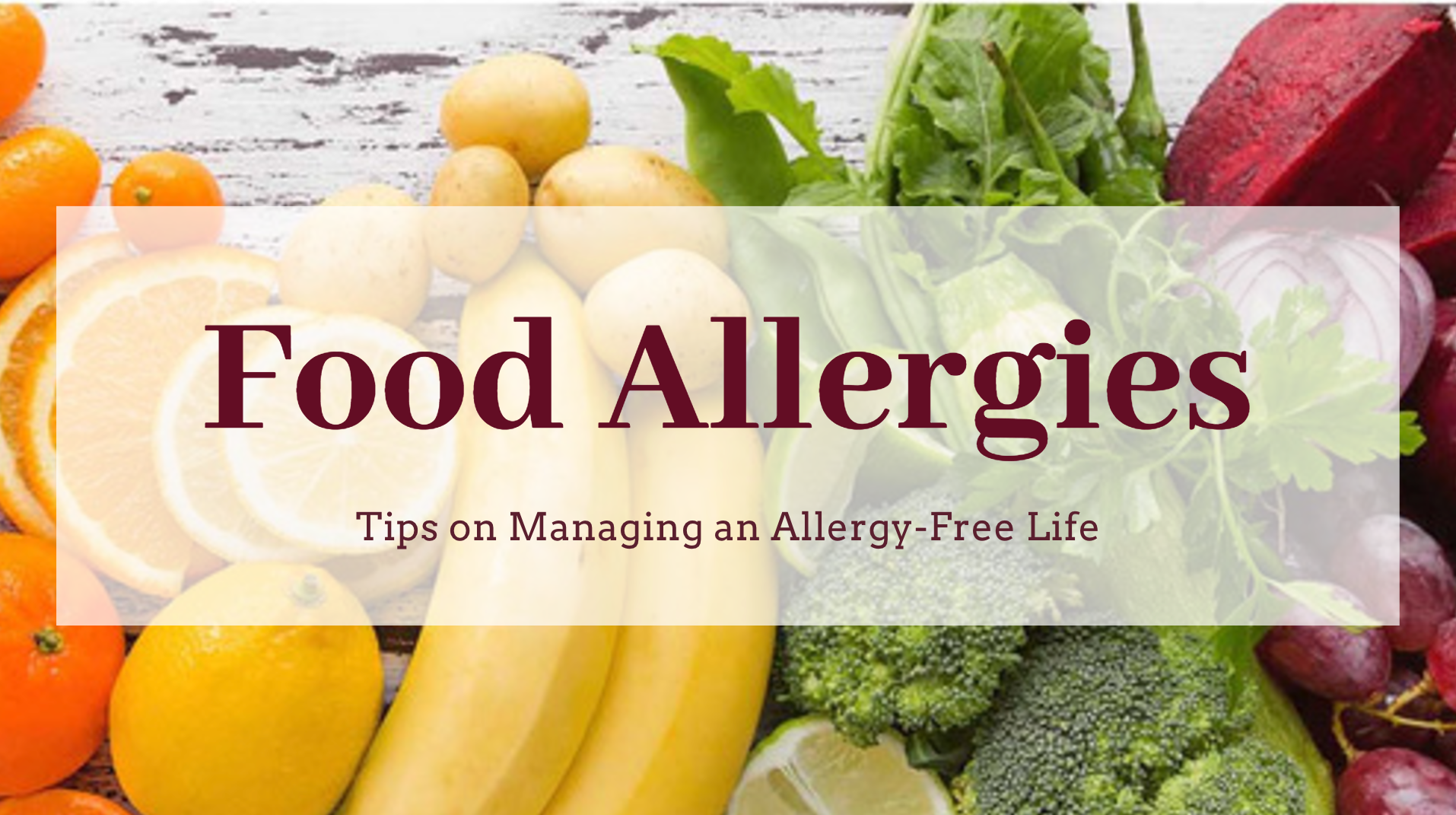How to travel with allergic appetite.
A little forethought and preparation might make traveling with an allergic appetite less intimidating. Here are some suggestions to make your upcoming trip as safe and pleasurable as you can:
1. Bring your own lunch.
The greatest approach to guarantee that you can get wholesome, recognizable cuisine when traveling is to do this. Bring a choice of meals and snacks that you can eat without any difficulty. Pack enough food for the entire journey and a little extra in case of delays.
2. Include the allergy alert cards with you.
These cards have to include a list of every allergy you have, along with the signs and symptoms an allergy triggers. Include instructions on how to use your emergency medication as well as information about it. As soon as you get there, give these cards to the train and hotel workers, as well as the flight attendants.
3. Be ready to discuss your sensitivities.
Make sure to describe your allergies to your server while you are out to eat. Let them know if there are any meals that you cannot consume at all and inquire about the ingredients in each dish. In order to connect with those who don't speak your language, it's a good idea to carry a small food allergy translator with you.
4. Take your own serving utensils.
In particular, if you're eating at a restaurant that doesn't have much expertise with food allergies, this can assist cut cross-contamination. To prevent using shared condiments, you can also pack your own mayonnaise and ketchup.
5. Pay attention to your environment's:
crucial to be aware of any potential allergens in a new location if you're traveling there. For instance, if you are allergic to pollen, you should stay indoors during the height of pollen season. If you have a food allergy, you should be cautious when eating street food or at establishments with a poor food safety record.
6. Make a backup strategy
It's crucial to have a backup strategy in place in case you do experience an allergic response. Pack your emergency medication and make sure you know how to use it. In case of a medical emergency, you should also keep your doctor's or allergist's phone number handy.
Here are some extra suggestions for those who have food allergies:
OPT for allergy-friendly vacation spots. There are some places on earth that are renowned for being allergy-friendly. People with food allergies can usually find a range of eateries and lodging options at these locations.
- Make reservations for your travel and lodging in advance. This will offer you more time to investigate your possibilities and make sure you select locations that can accommodate your needs.
- Take your own medical records with you. If you have a complicated medical history or are visiting a remote location, this is especially crucial.
- Expect delays, so be ready. Anyone can have delays, but those who have food allergies may find them particularly difficult. Pack extras, of course.
- Traveling with allergic appetite can be challenging, but it is definitely possible with a little planning and preparation. By following the tips above, you can make your next trip as safe and enjoyable as possible.
For extra advice in particular circumstances, see below:
- When you book your ticket, be careful to inform the airline about any food allergies you may have. They might be able to offer you a customized lunch or put you in a section where no one else is eating the items to which you are sensitive.
- When using the train, it's crucial to ask the railway company in advance if they can accommodate your food allergies. Trains often feature dining cars. Additionally, you might wish to bring your own meals with you.
- When traveling by automobile, make sure to pack a cooler with food and beverages you know you can consume. You may also halt.
- When traveling by automobile, make sure to pack a cooler with food and beverages you know you can consume. Along the trip, you can stop at eateries, but before ordering, be sure to let the server know if you have any food allergies.
Traveling abroad:
If you're going to a foreign country, it's a good idea to learn a few basic words and phrases there so you can explain to locals that you have food allergies. You might also want to carry a card that translates food allergies.
No matter where you go, it's crucial to plan ahead and pay attention to your surroundings. You may make your trip as safe and pleasurable as possible by heeding the advice above.
For extra advice in particular circumstances, see below:
- When you book your ticket, be careful to inform the airline about any food allergies you may have. They might be able to offer you a customized lunch or put you in a section where no one else is eating the items to which you are sensitive.
- When using the train, it's crucial to ask the railway company in advance if they can accommodate your food allergies. Trains often feature dining cars. Additionally, you might wish to bring your own meals with you.
- When traveling by automobile, make sure to pack a cooler with food and beverages you know you can consume. You may also halt.
- When traveling by automobile, make sure to pack a cooler with food and beverages you know you can consume. Along the trip, you can stop at eateries, but before ordering, be sure to let the server know if you have any food allergies.




Comments
Post a Comment